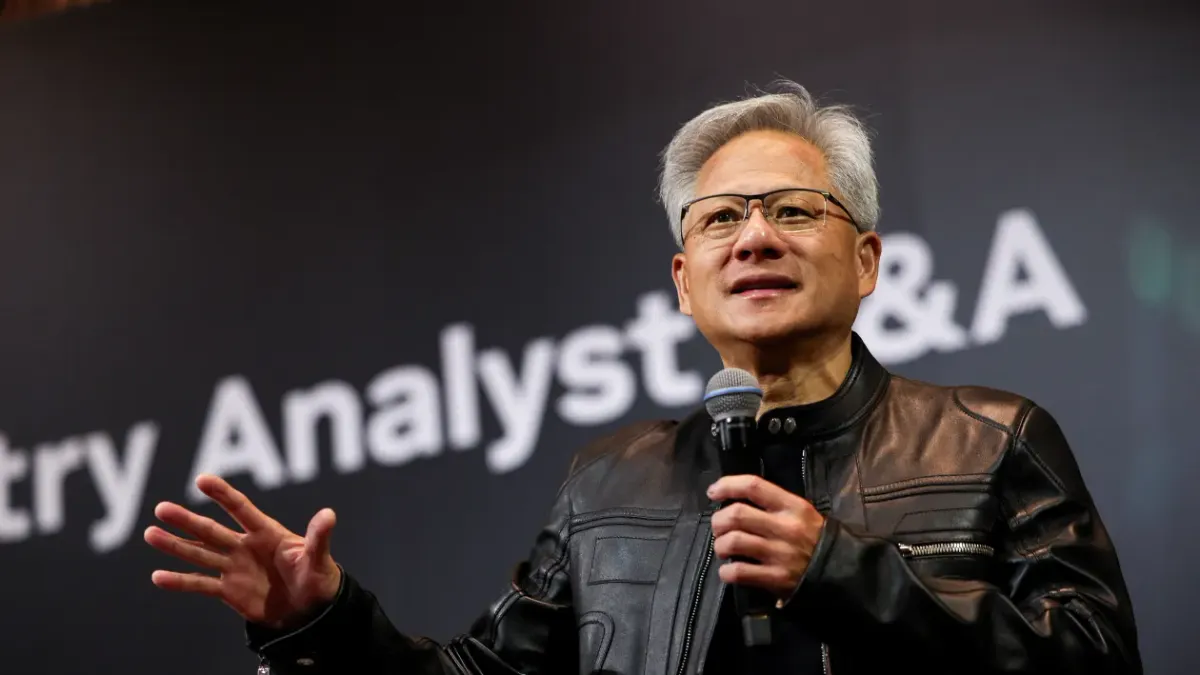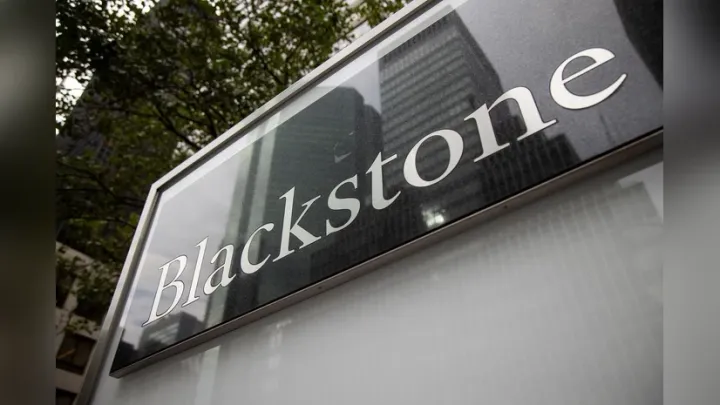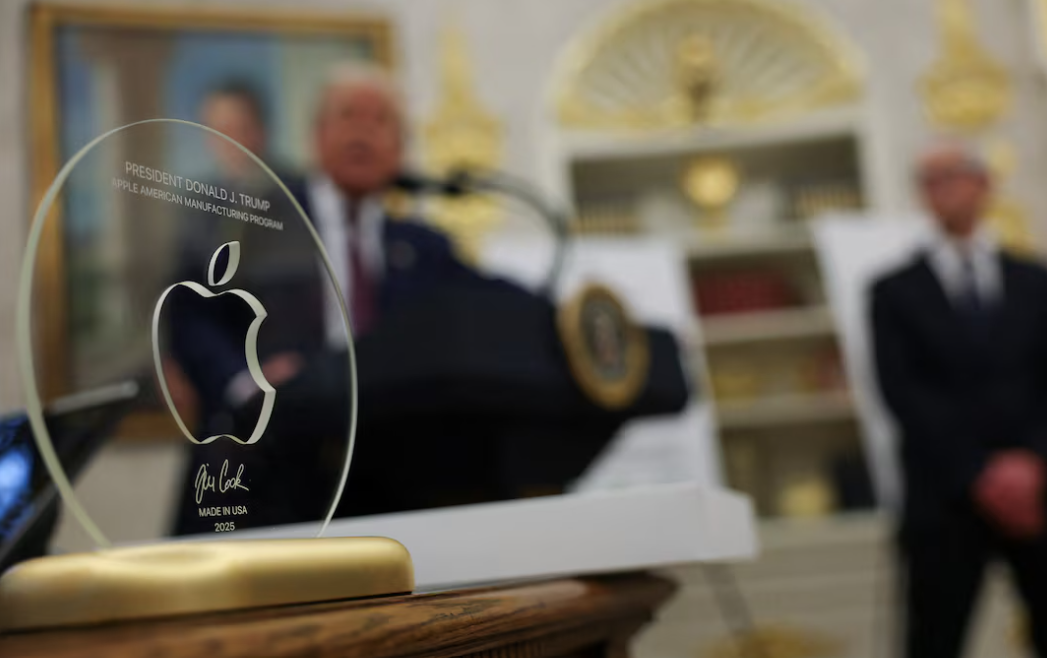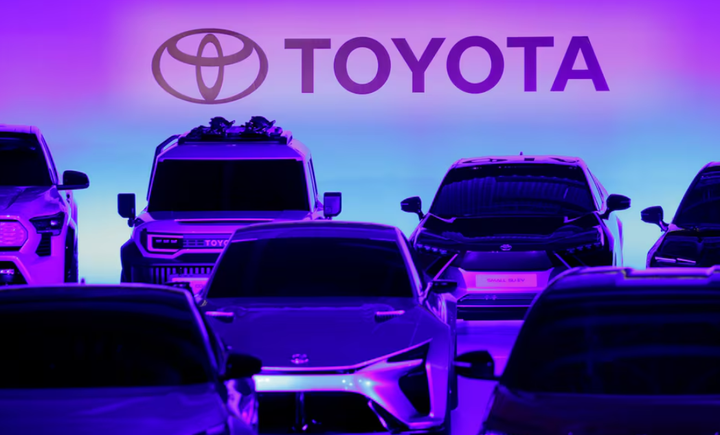Nvidia to Resume H20 AI Chip Sales to China Following U.S. Government Assurances

In a major boost to the worldwide semiconductor sector, Nvidia said on Tuesday that it is gearing up to restart sales of its H20 AI chips to Chinese buyers. The decision comes amid guarantees from the U.S. government that export permits shall be issued, ending a months-long pause precipitated by Washington's firming up of tech export controls.
The U.S. government has indicated it will issue licenses, and NVIDIA is hoping to begin deliveries shortly," the company stated.
The H20 chip, created as a circumvention of earlier restrictions, saw its shipments to China suspended in April after the U.S. added new licensing requirements. The suspension significantly affected Nvidia's Chinese business — an important growth market — and was part of a wider Washington strategy to restrict Beijing's access to cutting-edge semiconductor technology amid heightened geopolitical tensions.
The pivot follows recent meetings between Nvidia CEO Jensen Huang and U.S. President Donald Trump. During the discussions, Huang reconfirmed Nvidia's commitment to the administration's vision for creating jobs in America, onshoring the production of chips, and ensuring America's leadership position in AI globally.
In recent months, Huang also called out export restrictions publicly, warning that they were hurting U.S. tech competitiveness. In May, he disclosed that restrictions had already cut Nvidia's China market share by almost 50%.
Tuesday's announcement is being seen as a big victory for Nvidia, particularly since it is still dealing with ramping up competition in China from local players such as Huawei. While Chinese chipmakers have been making strides, analysts continue to say they are still behind Nvidia and manufacturing partners such as Taiwan Semiconductor Manufacturing Co. (TSMC).
Ray Wang, research director at the Futurum Group, referred to the move as a "positive development" for Nvidia. The removal of the H20 ban is a good and important move for Nvidia, which will allow the firm to consolidate its leadership in China," he said to CNBC. "Restoration of H20 shipments — combined with the imminent release of new export control-compliant AI chips into the Chinese market — should be a new growth driver over the next few quarters.
Nvidia's shares positively indicated investor hopes, rising 4.5% in after-hours trading on the Robinhood platform.
Apart from the announcement on H20, Nvidia also introduced a new "fully compliant" GPU — the RTX PRO — aimed to be utilized in smart factories and logistics. While little is known, the chip seems to be optimized to be compliant with U.S. export rules, further demonstrating Nvidia's desire to navigate complicated regulatory environments.
The diplomatic context behind this announcement is also significant. In the previous month, the U.S. and China agreed to an initial framework of trade that signaled easing tensions. The deal involved China easing rare-earth export restrictions and the U.S. reversing specific tech restraints.
On the ground in China, Huang toured with influential government and industry leaders, reiterating Nvidia's focus on secure, safe AI development. His visit is an affirmation of strong intention to rebuild and reinforce regional partnerships.
Even with progress in China's local chip design, most producers are said to still favor Nvidia's hardware for its performance and reliability. Louise Loo, Oxford Economics' chief economist for China, said in an interview with CNBC that Nvidia's chips returning to the market would give a lifeline stopgap while China is building its own.
As the geopolitics of the world change, Nvidia's technological as well as diplomatic adaptability continues to be the cornerstone of its success. The comeback of H20 to China not only brings in a valuable revenue stream but also underlines Nvidia's central position in the race for AI.
FAQs:
Why were Nvidia's H20 chips prohibited from being sold to China?
The U.S. government imposed export controls with licenses on leading-edge AI chips, such as the H20, to restrict China's access to advanced semiconductor technology.
What has changed to enable Nvidia to sell the H20 again?
Nvidia was assured by the U.S. government that export licenses would be issued, following recent diplomatic gestures and CEO Jensen Huang's meeting with President Trump.
Will this decision have a significant impact on Nvidia's revenue?
Yes. China is among Nvidia's biggest markets. Restarting sales of H20 and launching compliant chips such as RTX PRO will shore up Nvidia's revenues and market share in the country.
How is China reacting to the chip limitations?
China has been stepping up efforts to create local chip substitutes, but producers prefer Nvidia's chips for their high performance.
What is the RTX PRO chip referred to in the article?
The RTX PRO is a new graphics processor released by Nvidia that meets U.S. export controls. It's aimed at manufacturing applications such as smart factories and logistics systems.



